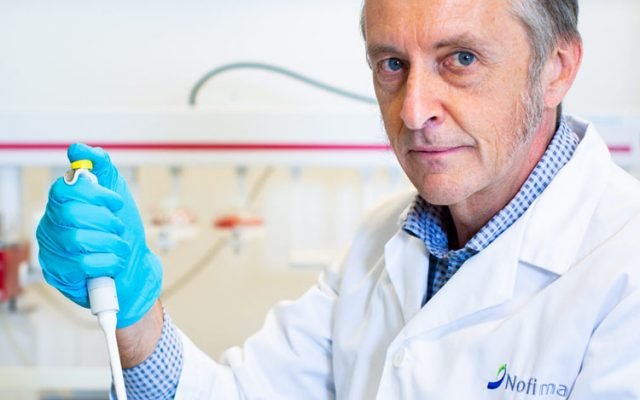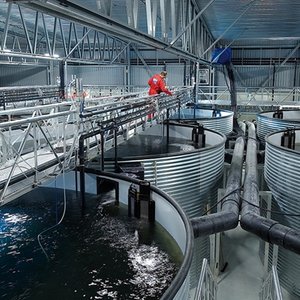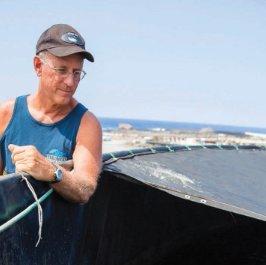Norwegian scientists from Nofima have been working in a four-year project, SalmoResist, to find specific genes that produce high tolerance or resistance against the salmon pancreas disease. The disease is caused by a salmonid alphavirus that affects the pancreas and the heart and causes serious financial losses to the aquaculture industry.
“In the past, our understanding of specific genes and what contributes to resistance has been limited. Now, through several different approaches, we found out more about how fish biology works in relation to disease resistance,” said Nofima senior scientist, Nicholas Robinson.
To identify the particular genes, scientists used gene markers. Salmon families were infected and gene markers were used to find genes associated with resistance.
“We were able to determine the map location of the genes and also measure the amount of gene product produced in fish with high resistance compared with low resistance. The controlled infectious propagation of salmonid diseases in water and the possibility to conduct disease challenge tests on large families of Atlantic salmon give us a practical model to investigate the genes resistant to this virus,” said Robinson.
The scientists said that this project also provides important information about the treatment or prevention of alphavirus disease in other animal species.













